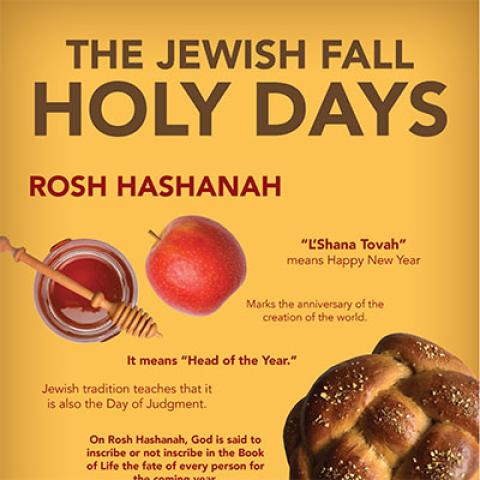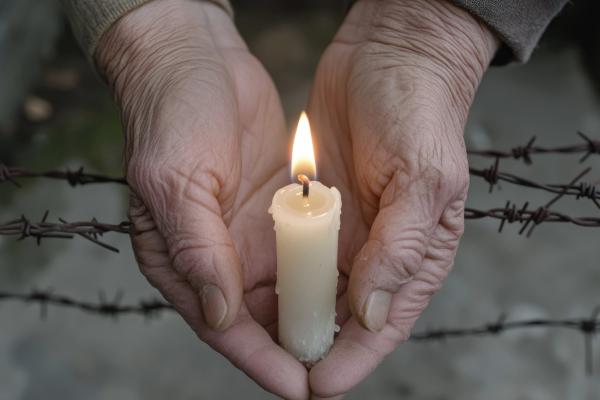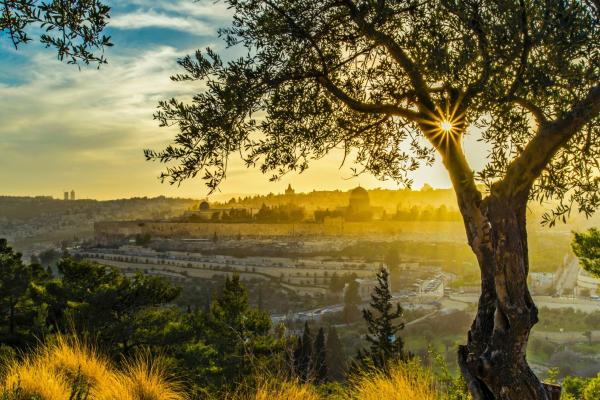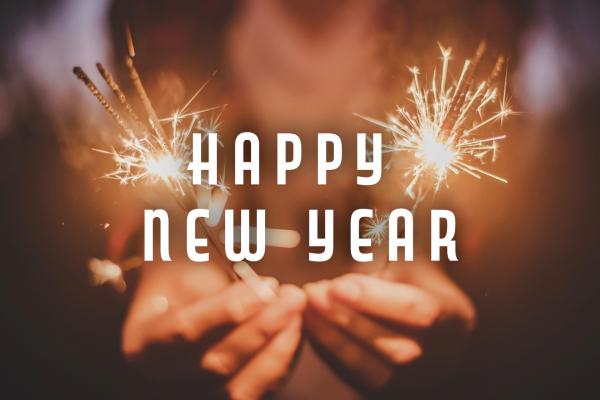Rosh Hashanah means “head of the year” in Hebrew, and as such, it is a time of year when Jewish people examine their lives and seek God’s forgiveness and blessing for the coming year. For Messianic Jewish Believers, it is a time for reflecting on one’s life, repenting of sinful actions and attitudes, and restoring any broken fellowship with God.
REFLECT
With the passing of one Jewish calendar year to the next, Rosh Hashanah calls us to check in with God for an examination of our lives with deeper introspection and reflection.
In Psalm 139, King David asked God to search his heart to see if there was any “offensive way” in him (Psalm 139:23–24). Of course, God knew David’s faults and sins already. He didn’t need to overturn rocks and look behind hedges to find them. The searching process David requested was for himself. He asked God to examine his life and show him his sins. At the end of verse 24, David asks, “and lead me in the way everlasting.” David wanted to know the wrong ways he was taking because he wanted to go God’s way instead.
Let this season of Rosh Hashanah and the Days of Awe be a time of opening your life before God and asking Him to reveal what He wants to mature in you. Set aside time to seek Him, read His Word and quietly listen to what He says.
RESPOND
When God shines the light on the weak and sinful areas of our lives, it’s up to us to respond. Repentance is what He asks of us. The Jewish tradition of repentance is called teshuvah (teh-SHOO-vah), which means “returning.” Teshuvah includes confession, regret and a commitment to not repeat the sin.
As David did after his sin with Bathsheba, we can ask God to create in us a clean heart (Psalm 53:12). Through Yeshua (Jesus), we know that God has already given us a new spirit – His Spirit – so that we are equipped to live the life He calls us to (2 Peter 1:3). Repentance chooses to turn from sin and return our hearts to God’s ways.
In the New Covenant, the Greek concept of repentance carries the additional meaning of changing one’s mind. Temptation stirs us to believe that our way is better than God’s, at least for the moment. Repentance is changing our mind to return to the understanding that, no matter what apparently-pleasing package sin comes in, God’s ways are the best, and they alone give us freedom and life.
During this season of repentance, ask God for the willingness to turn from your sin and faith to change your thinking about obedience to Him. Agree with Him about the sinfulness of the things He has brought to your attention. Let a godly sorrow flow over you for the various times you have chosen sin over God. Determine to live by the Spirit that He has placed inside of you instead of following the old ways (Romans 6:6).
Get the Small Shofar and Stand
This small shofar is made of a ram’s horn and measures 8” to 12”. Colors, textures, and finish vary in these natural animal horns but all are beautiful and have been tested to be functional before shipping. Includes a beautifully crafted wooden stand to display your shofar.
RESTORE
After David requested that God clean his heart, he asked Him to renew in him a steadfast spirit (Psalm 51:12). Though David sinned in some pretty grievous ways, he knew God as the light of his life, his strength, his refuge and fortress. God’s lovingkindness was better than life to David, and He was David’s source of abundant joy.*
Sin slows down the progress of our growth and hinders our fellowship with God. Reflection and repentance restore us to intimate communion with God. David longed for restoration of fellowship with God that had been hampered by his sin, by his doing things his own way. As we turn from our sin, we turn again toward God in refreshed relationship.
As you review the things God has revealed to you during this season of Rosh Hashanah, consider what aspects of God’s abundant life and goodness you have forfeited by following your own ways rather than His. Ask Him to renew a faithful spirit in you and revitalize your fellowship with Him.
May this Rosh Hashanah bring you ever closer to God through honest reflection, sincere repentance and joyful restoration.
*(See Psalm 27: 1, Psalm 18:1, Psalm 91:2, Psalm 63:4 and Psalm 16:11.)
Get the Fall Feasts Infographic
Discover the meaning and wonder of Rosh Hashanah, Yom Kippur, and Sukkot with this specially designed infographic.














